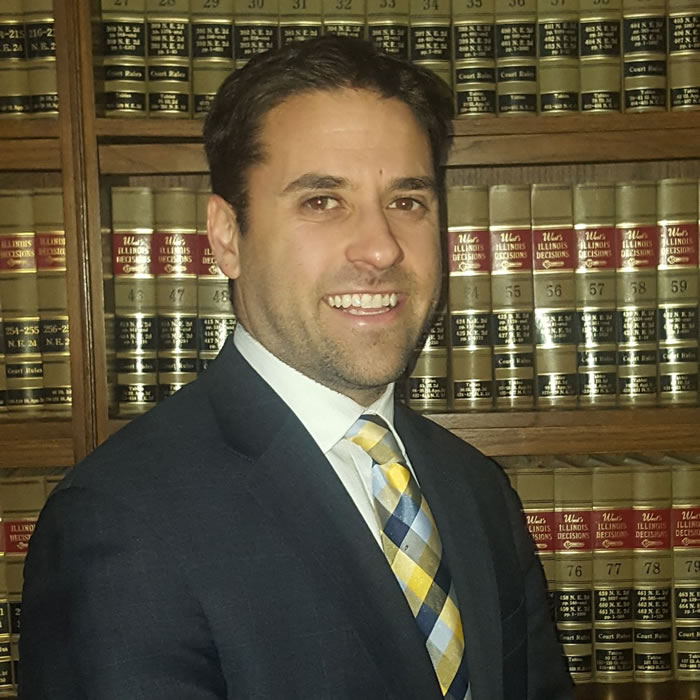Tackling dehydration in dementia patients
Patients with dementia are among those most vulnerable to neglect and abuse in nursing home facilities. Their cognitive declines often mean they do not remember or cannot verbalize any mistreatment they have experienced, and those who do make a report can be dismissed as being confused.
They are also susceptible to serious health problems stemming from abuse or neglect, many of which are life-threatening — and preventable. For instance, dehydration can be a serious concern for dementia patients.
How do dementia patients get dehydrated?
People with dementia often do not remember that they need to drink fluids throughout the day, and many may not recognize that they are thirsty. Further, they might be taking medication that makes them lose fluids more quickly, as well, and it could become increasingly difficult for them to get water and swallow.
Once a person is dehydrated, he or she can become even more confused. He or she may also be irritable and experience headaches. These and other signs of dehydration can be dismissed as signs of worsening dementia or other health problems, leading to a slowed response in treating the actual condition.
What can facilities (and loved ones) do?
There are numerous ways parties can help prevent dehydration among dementia patients. For instance, nursing home facilities should regularly check on patients and monitor their food and fluid intake. They should be sure water is accessible and that they assist patients who need help eating or drinking.
Family members can also pay attention to signs of dehydration. And they may even consider seeking out something like Jelly Drops, which is a new product aimed specifically at preventing dehydration among dementia patients.
When dehydration has devastating consequences
If dehydration does send a dementia patient to the hospital, then loved ones may want to seriously consider their options for investigating potential neglect in a nursing home facility. Again, dehydration can often be prevented with diligent medical care and attention so, if that is not occurring, then legal action may be justified. Contact an experienced nursing home neglect attorney in Belleville, IL.

Daniel C. Katzman is a Partner at Katzman & Sugden, LLC and is licensed to practice law in Illinois and Missouri. Daniel was born and raised in Belleville, Illinois where his dad, Steven E. Katzman has had his law office for over 40 years. Daniel joined the law firm of Katzman & Sugden, LLC after receiving his J.D. from St. Louis University School of Law in 2011, where he earned certificates in Health Law and Employment Law. Prior to that, he received his undergraduate degree in Health: Science, Society & Policy from Brandeis University in Waltham, Massachusetts. Combining his background in health policy and law, Daniel focuses his practice on assisting clients who have been injured through no fault of their own. He is admitted to practice law in Illinois, Missouri, the United States District Court for the Southern District of Illinois, and the United States District Court for the Eastern District of Missouri.
